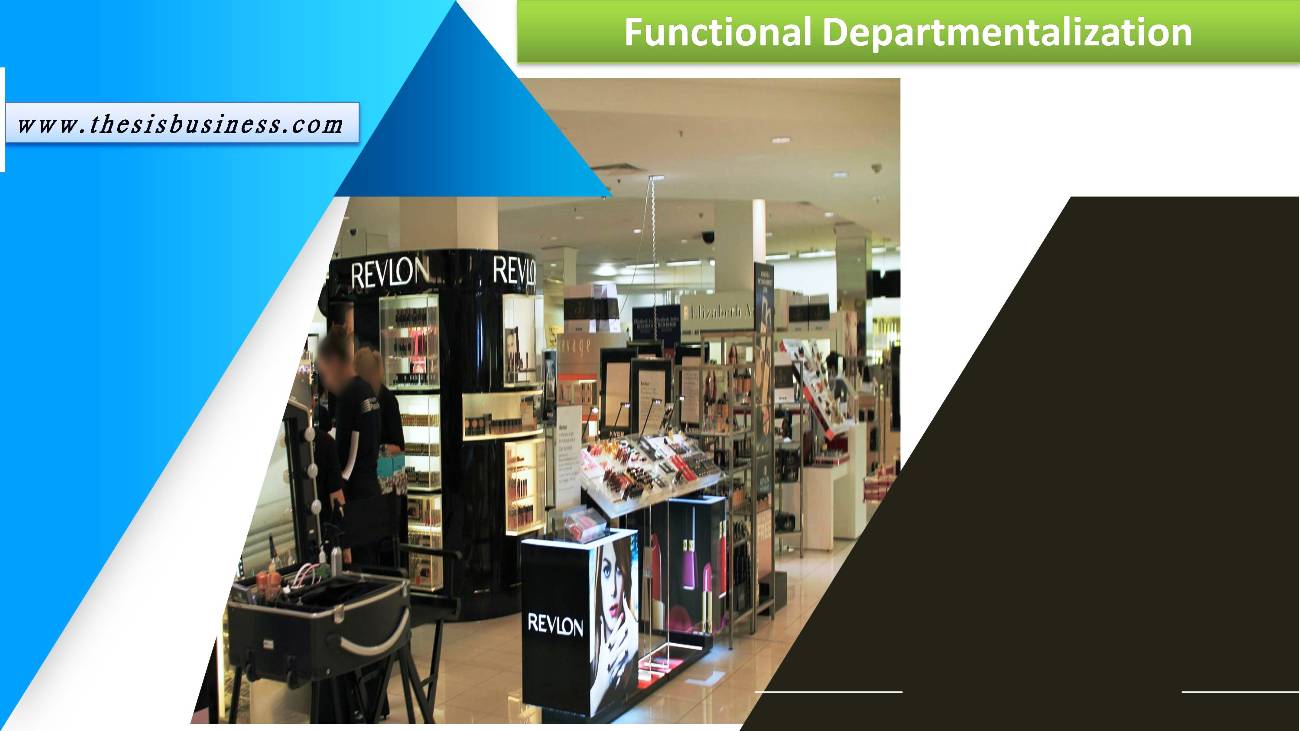An organization comprises of various departments and can be distinguished or segregated based on their functions or the tasks assigned. This is what functional departmentalization is? Let’s discuss more regarding concept of departmentalization.
What about its characteristics, benefits & shortcomings? Do you know all these things? No, right? Well! Let us discuss all these & understand what exactly is this type of departmentalization means.
Functional Departmentalization:
The departmentalization of any organization (small or large) will be functional when categorized into some departments. Each of those departments performs its own specialized & unique tasks that are different from the other departments of the same organization.
Being the most practical & modest form of departmentalization, it creates organizational units based on the crucial actions of the firm. So, each department that comes under the functional departmentalization differs from the other ones functionally. But, what are those departments that come under this departmentalization?
Well! This departmentalization can be divided into Production department, Human Resource department, Finance department & Marketing department. And the creator of these departments is none other than the manufacturing company or organization itself. In each department, related activities get done by a group of people at a single spot in the organization. And this group of people is the most proficient in doing such activities.
Different companies may possess various functional departments. For instance, the major functional areas of a transport company are sales, finance & operations. Similarly, public utility companies like electricity, banking, hospitals, transport & insurance maintain their distinct functional areas. In the case of a large organization, its significant departments have subdivisions called derivative departments.
In the design of functional departmentalization, the head of the organization is the chairman & his sub-head is the Managing Director of the company. The Managing Director can be branched into Manager Marketing, Manager Production & Manager Finance. Manager Marketing encompasses both Advertising & Selling & Manager Production – both manufacturing & purchasing.
Also, Manager Finance contains accounting & taxes. In the case of the non-manufacturing concerns, there is a difference between the organization’s primary activities.
Functional departmentalization is one of the most established forms of departmentalization. The function in functional departmentalization denotes such tasks as controlling & planning the organization & not essential managerial procedures. According to a famous economist, Oliver Williamson, it resembles the form of a unitary design & hence named it U-form design.
We must know that Functional departmentalization is done in every organization. It enables the organization to discuss with functional experts &, with their cooperation, recruit staff in its various vital positions. Also, it fosters coordination & integration within the organization because, without considerable coordination among multiple departments, the organization will fail to function efficiently. So, this departmentalization inclines to emphasize centralization.
Most of the companies have some standard functions that they perform. They are marketing, finance, production & engineering. Oh, wait! Some other significant functions are also there that almost all organizations do! They include the selection of candidates for doing jobs in the organization, their recruitment, their training, their reimbursement, their fitness, their security & labor associations.
Usefulness Of Functional Departmentalization:
- This kind of departmentalization will logically reflect the functions performed to maintain various primary functions’ superiority & dignity.
- It pursues the occupational specialization principle.
- It makes the subordinate’s training & supervision simple.
- With its help, the man sitting at its top position becomes proficient in maintaining tight organizational control.
- Because of it, each of the departments having different functional areas is overseen by experts in those functional areas.
- Because of it, each departmental coordination activity becomes manageable.
Shortcomings Of Functional Departmentalization:
- Slow decision making
- More bureaucratic
- Because if it, the organization’s overall objectives becomes de-emphasized.
- Difficulty in the monitoring of the company’s accountability & performance
- The key personnel’s viewpoints get overspecialized or narrowed because if it
- The functional & departmental coordination gets reduced by it.
- The profit attaining responsibility of the organization remains at the top.
- It results in slow adaptation to environmental changes.
- The general managers’ development gets limited.
Recommeneded Articles –
Customer Departmentalization
References –
